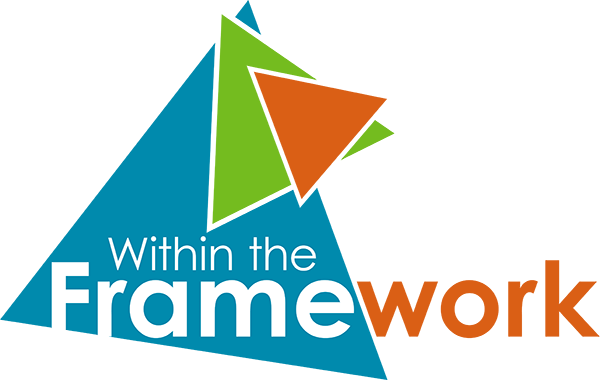Description
Have you encountered families who feel that there is no hope to change their child’s behavior?
The reduction in negative thinking and interpretation of events by parents has been documented as influencing parent behavior change, including enhanced implementation fidelity of behavior support strategies, resulting in improved child and family outcomes. Learn about the Positive Family Intervention research project and the cognitive behavior skill training procedures, also known as optimism training, that were utilized to teach parents how to identify situations prompting negative self-talk, specific beliefs that create barriers to intervention, the consequences of these beliefs, and the practice of using disputation and substitution. An application of optimism training will be shared that demonstrates how the reduction of parent pessimism helped to promote parent confidence, improved parent and child efficacy, and influenced the successful delivery and fidelity of PBS interventions for their child at home. Future considerations of adapting optimism training for use within collaborative teams to foster increased teacher confidence, persistence, and implementation fidelity of behavior supports for young children in school settings will also be proposed for discussion.






